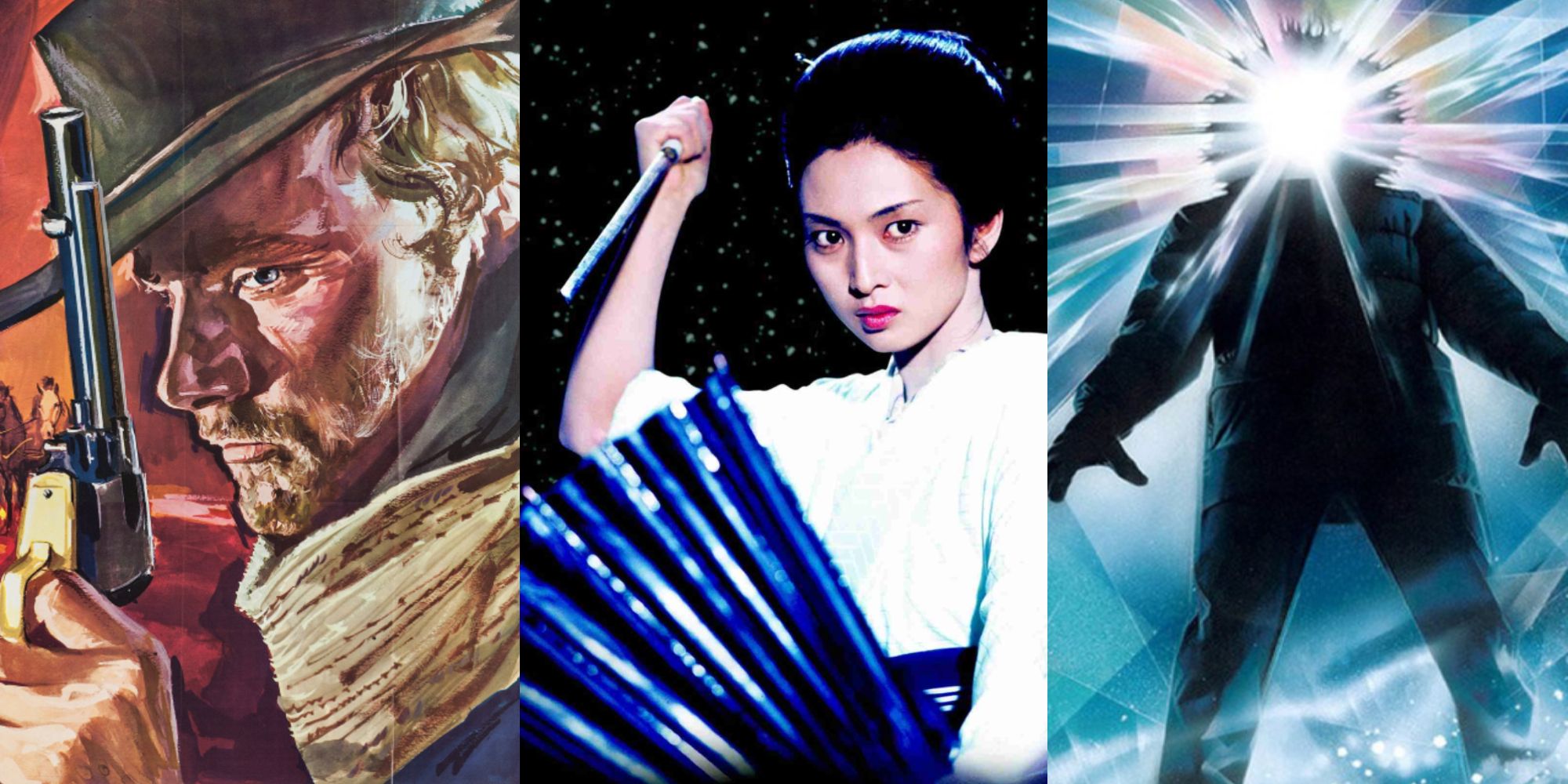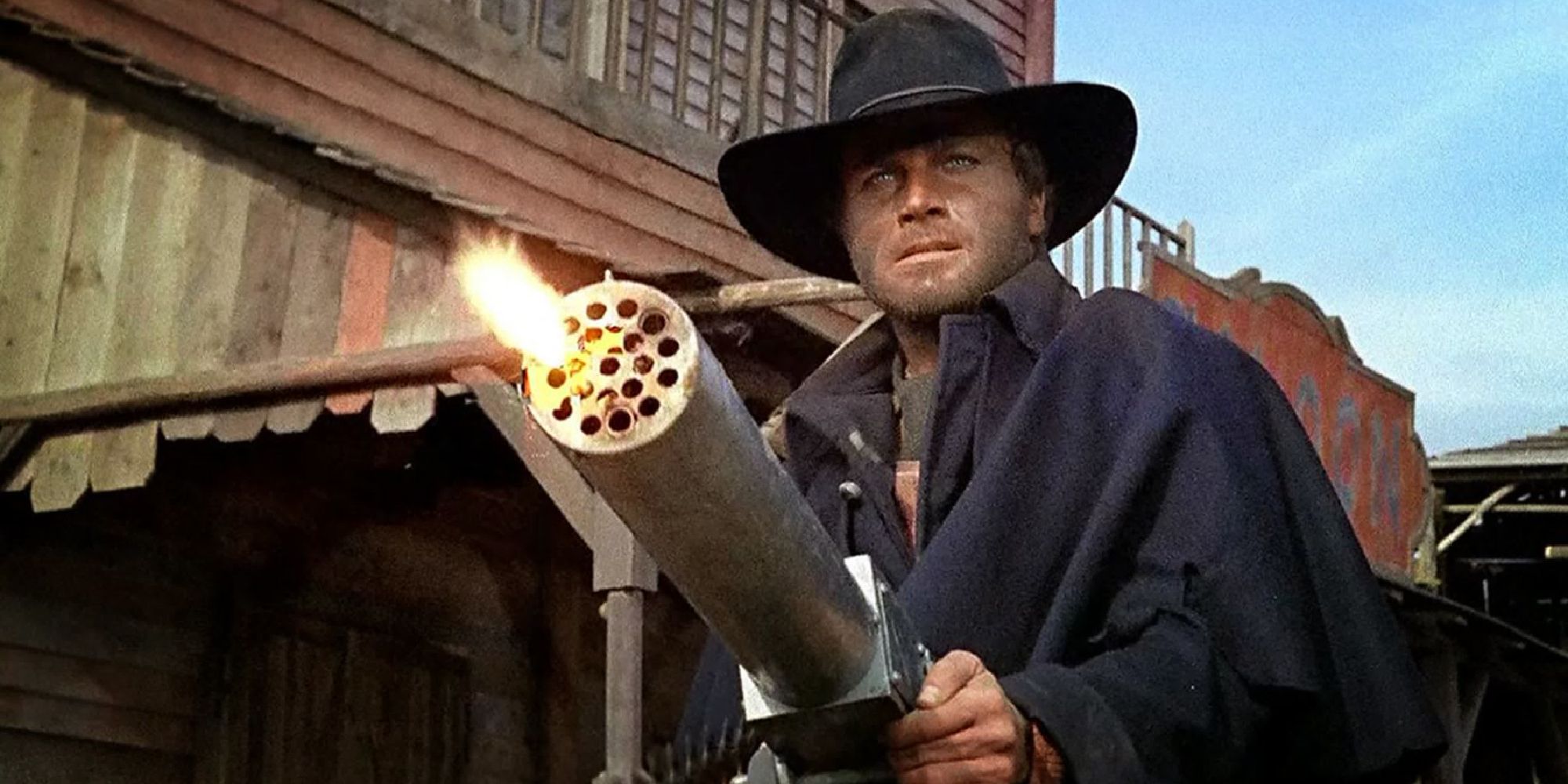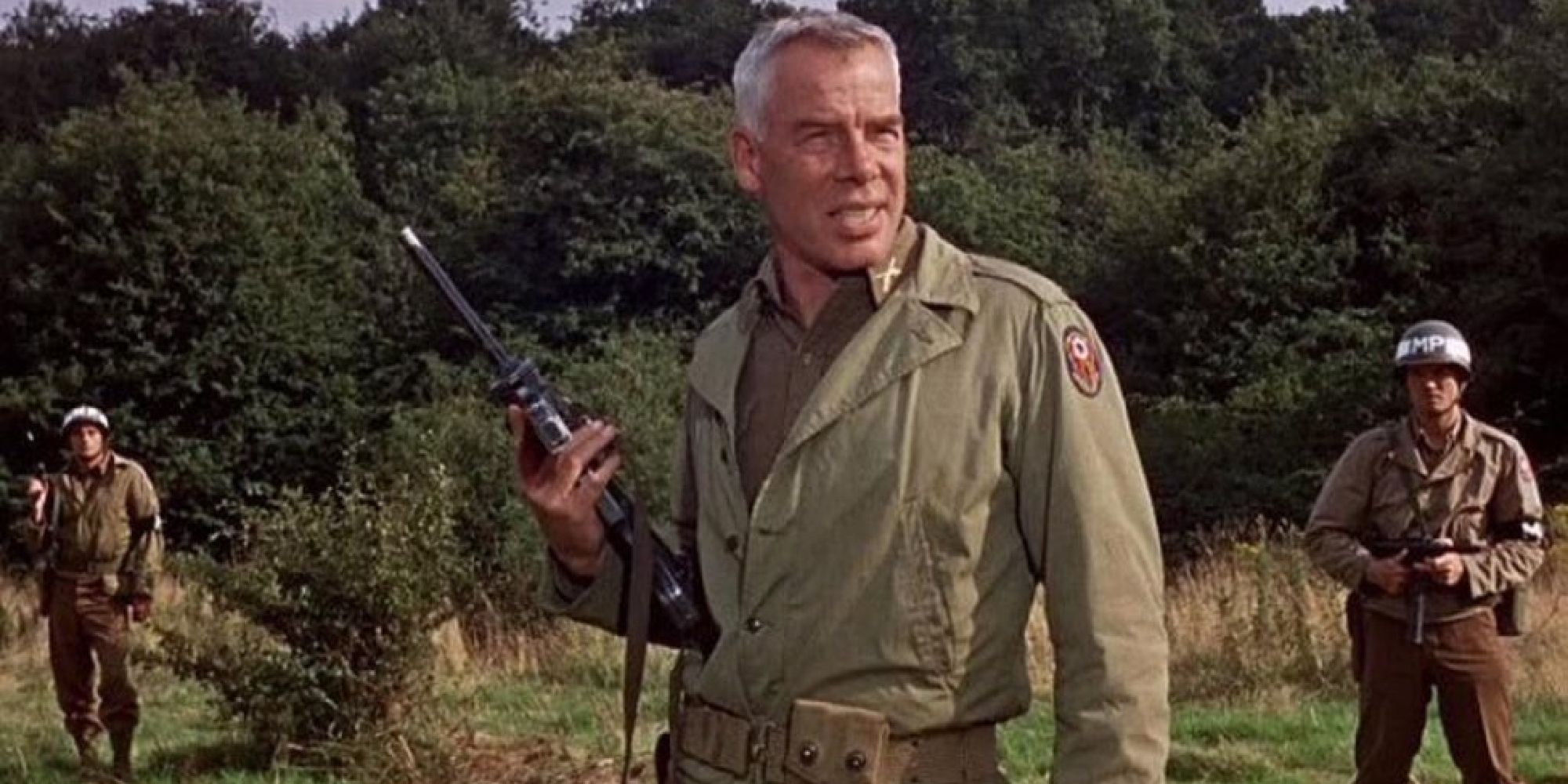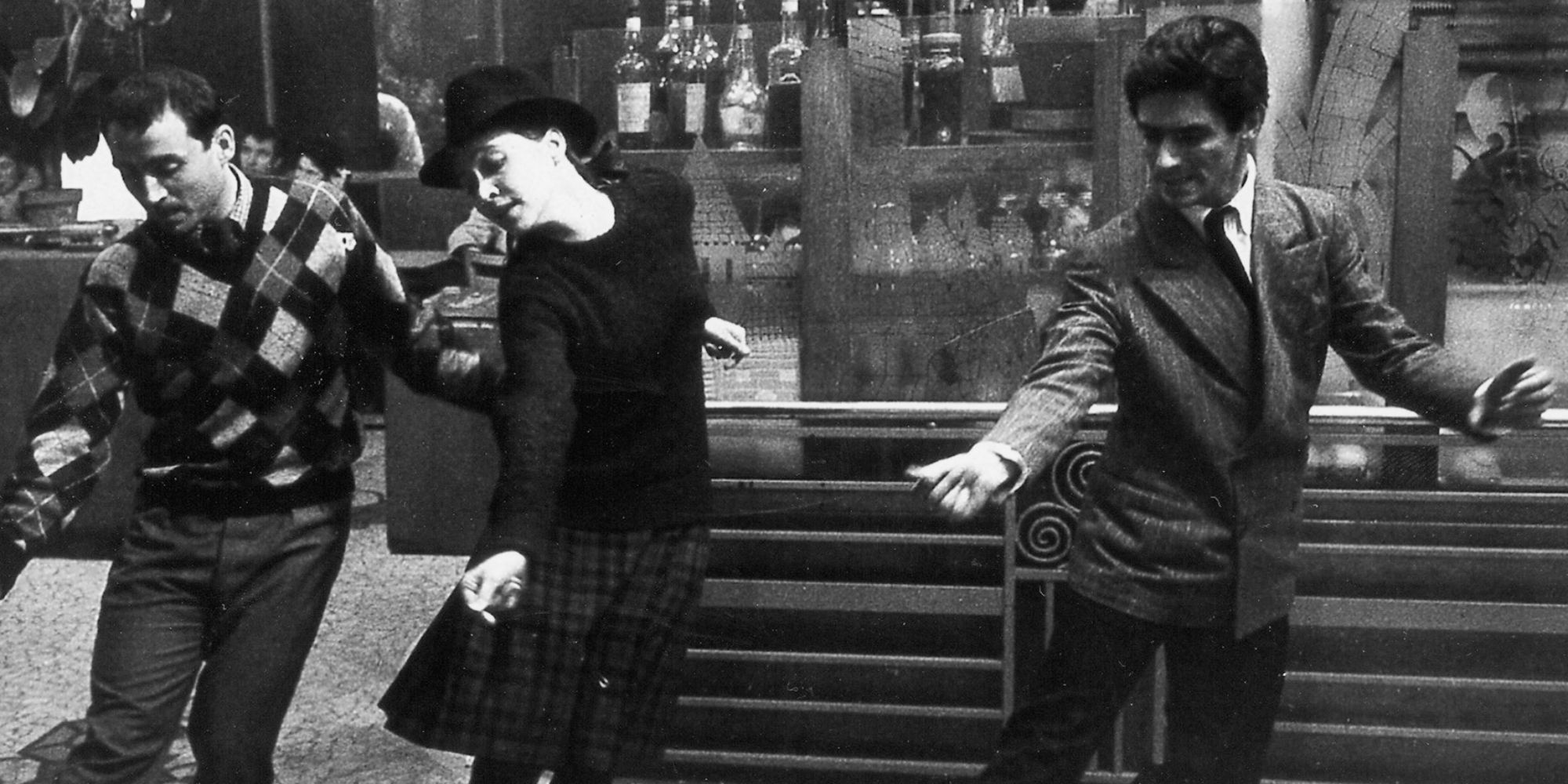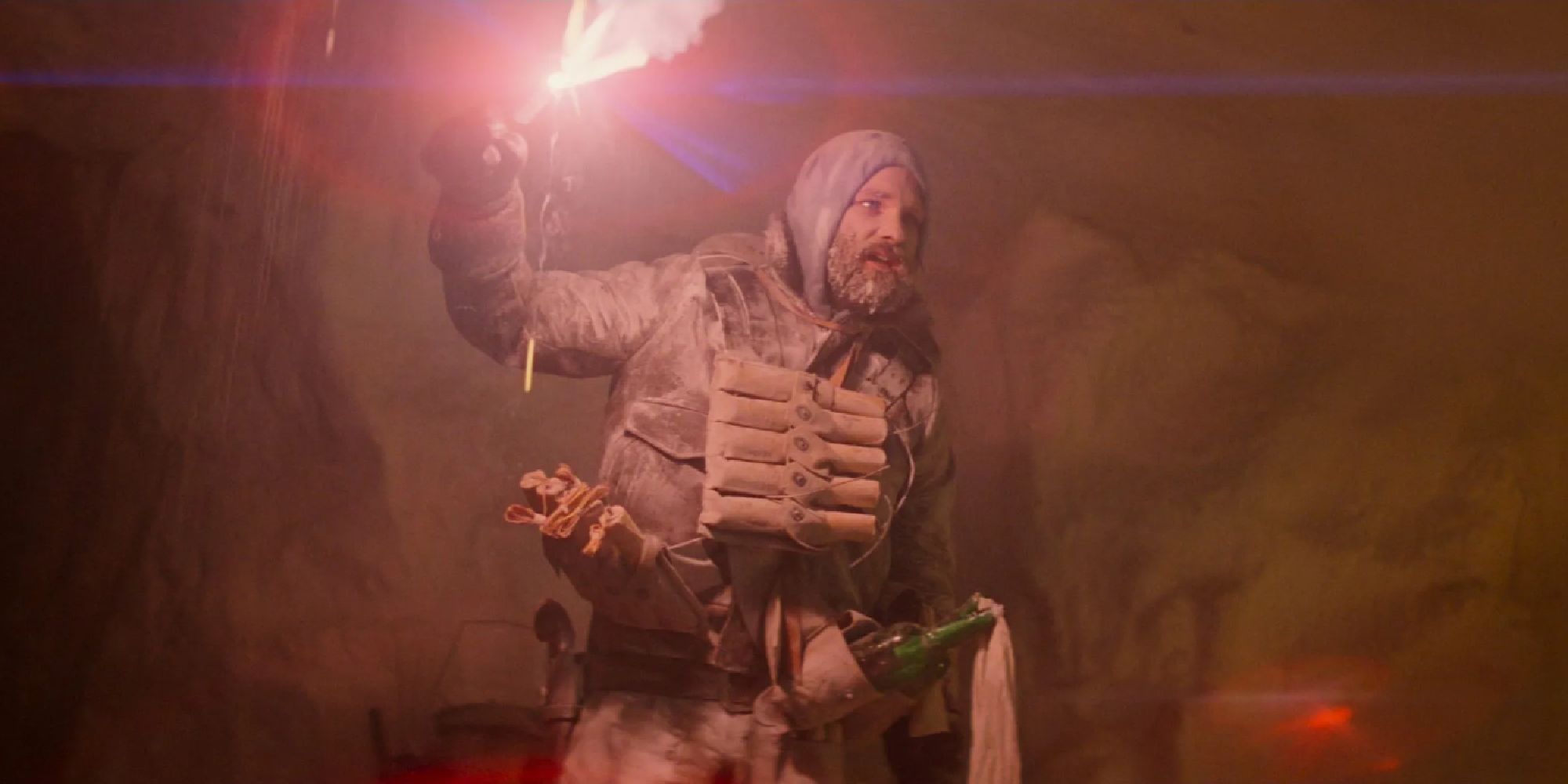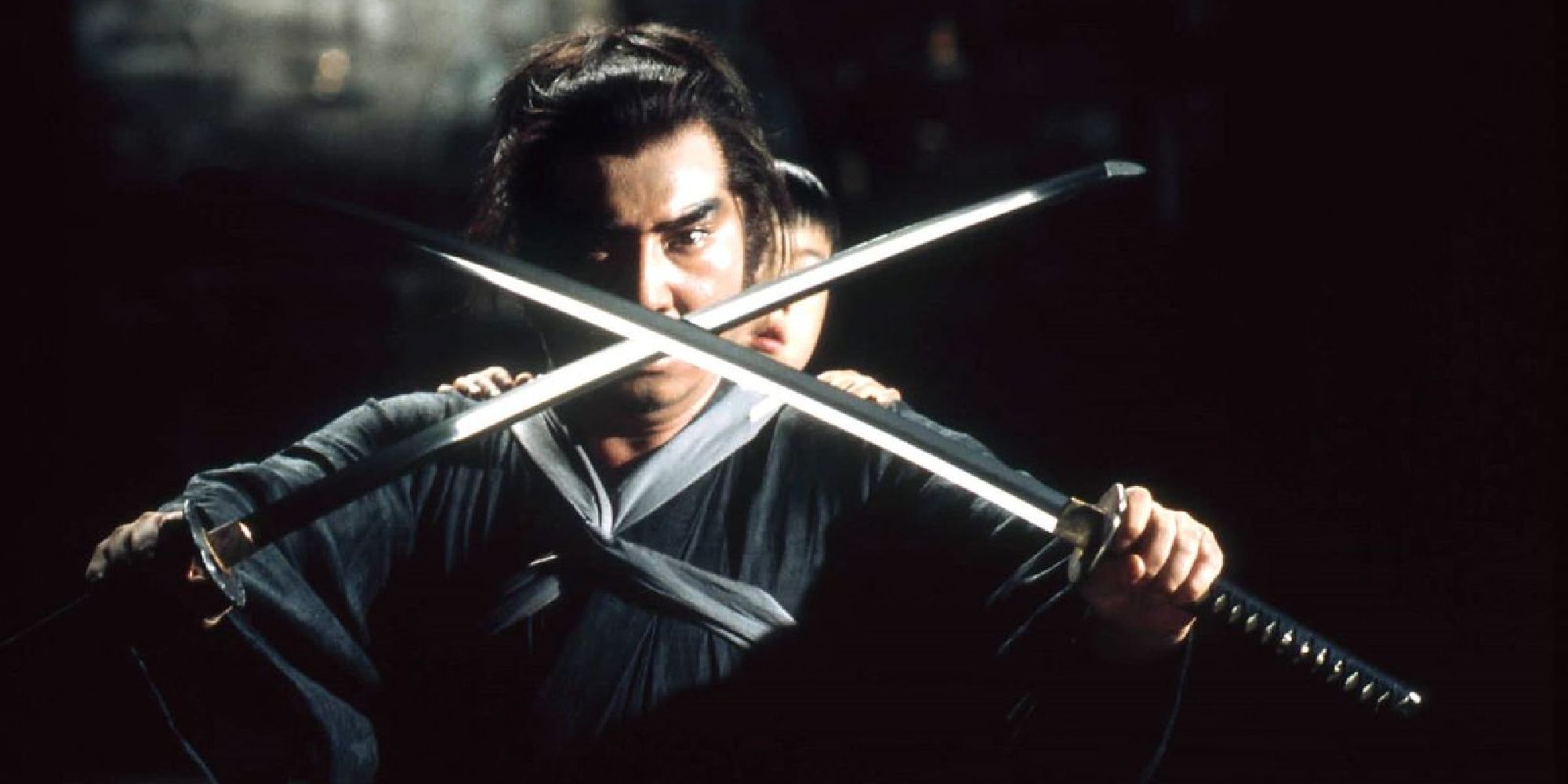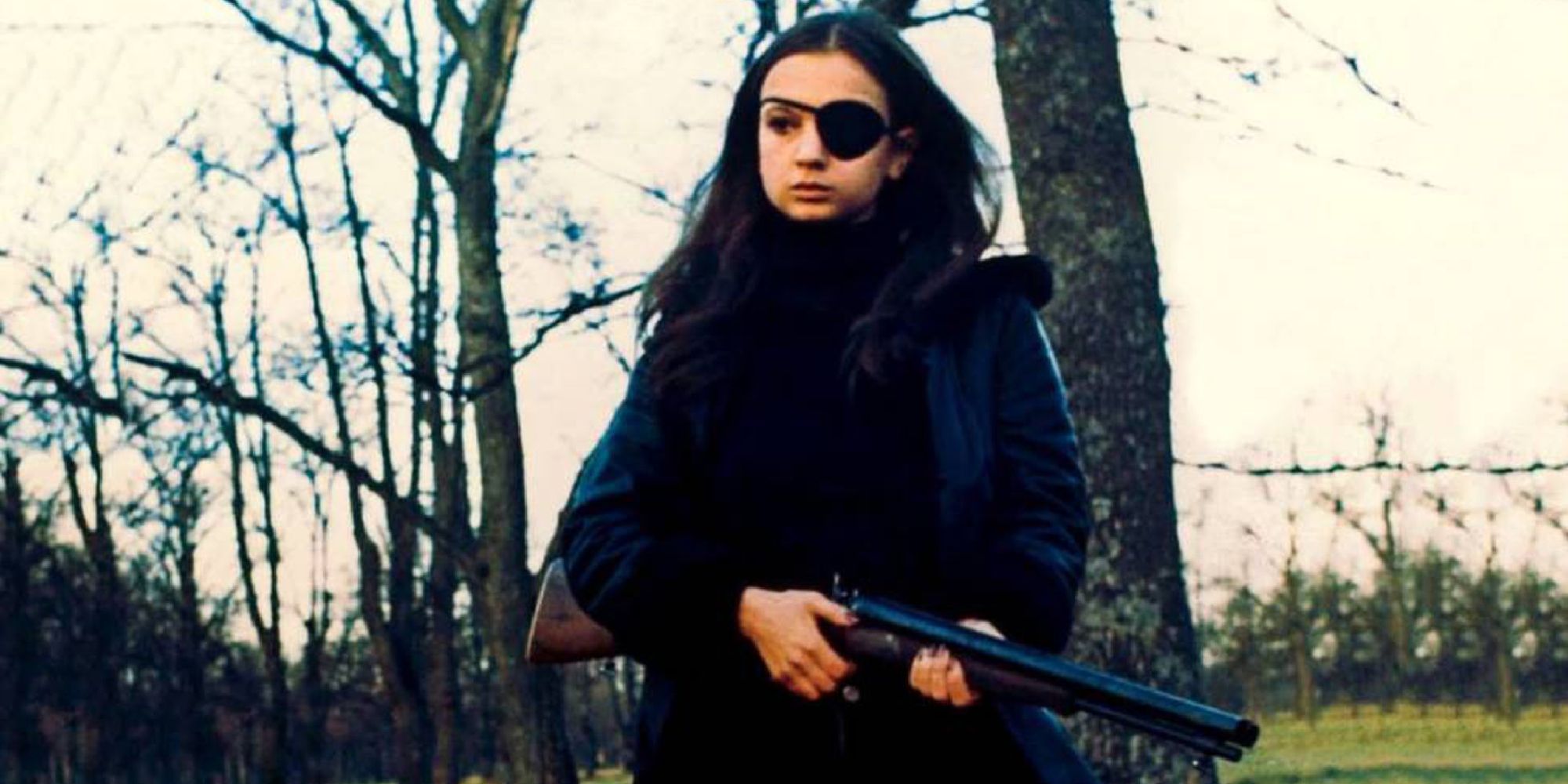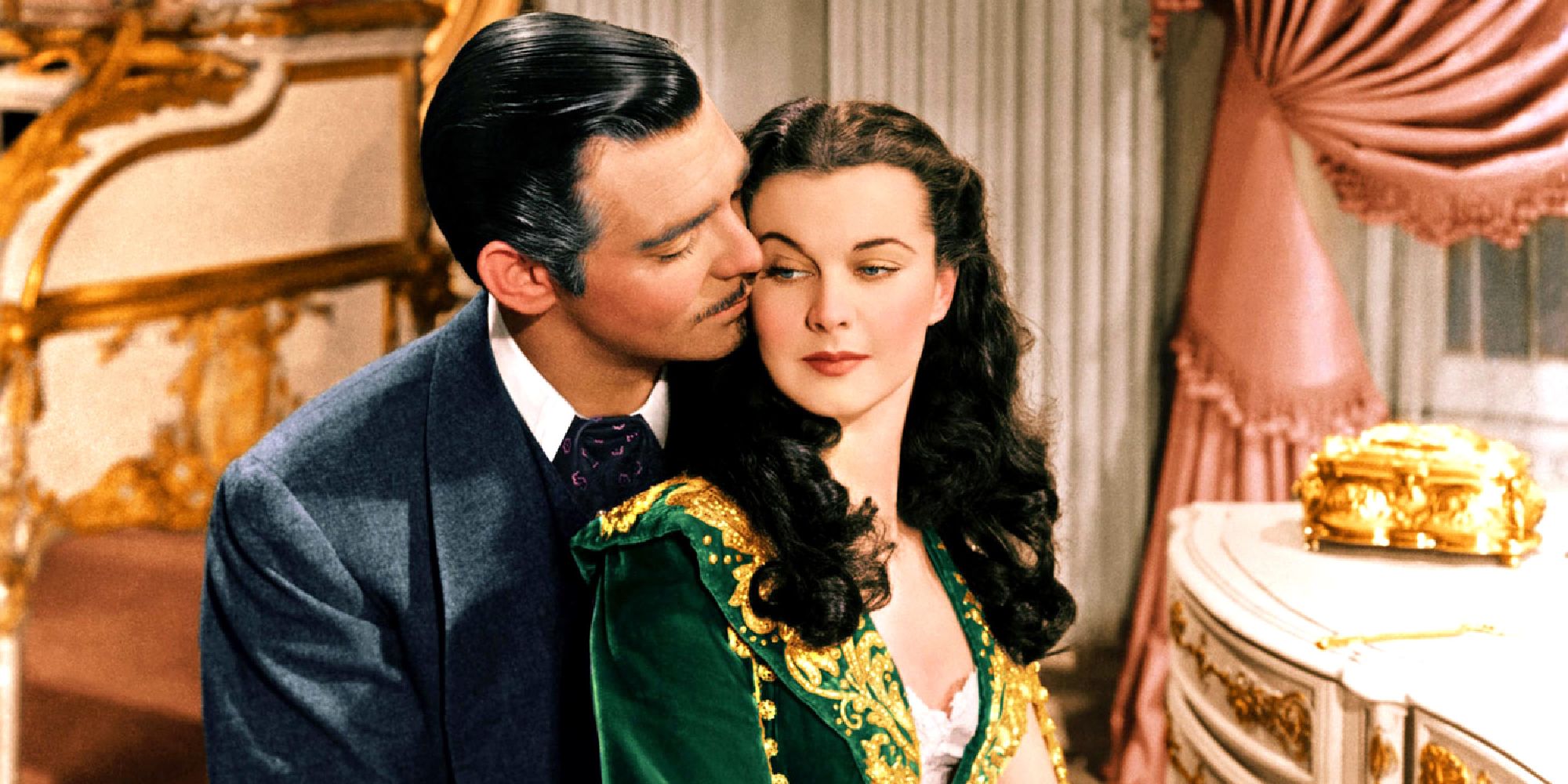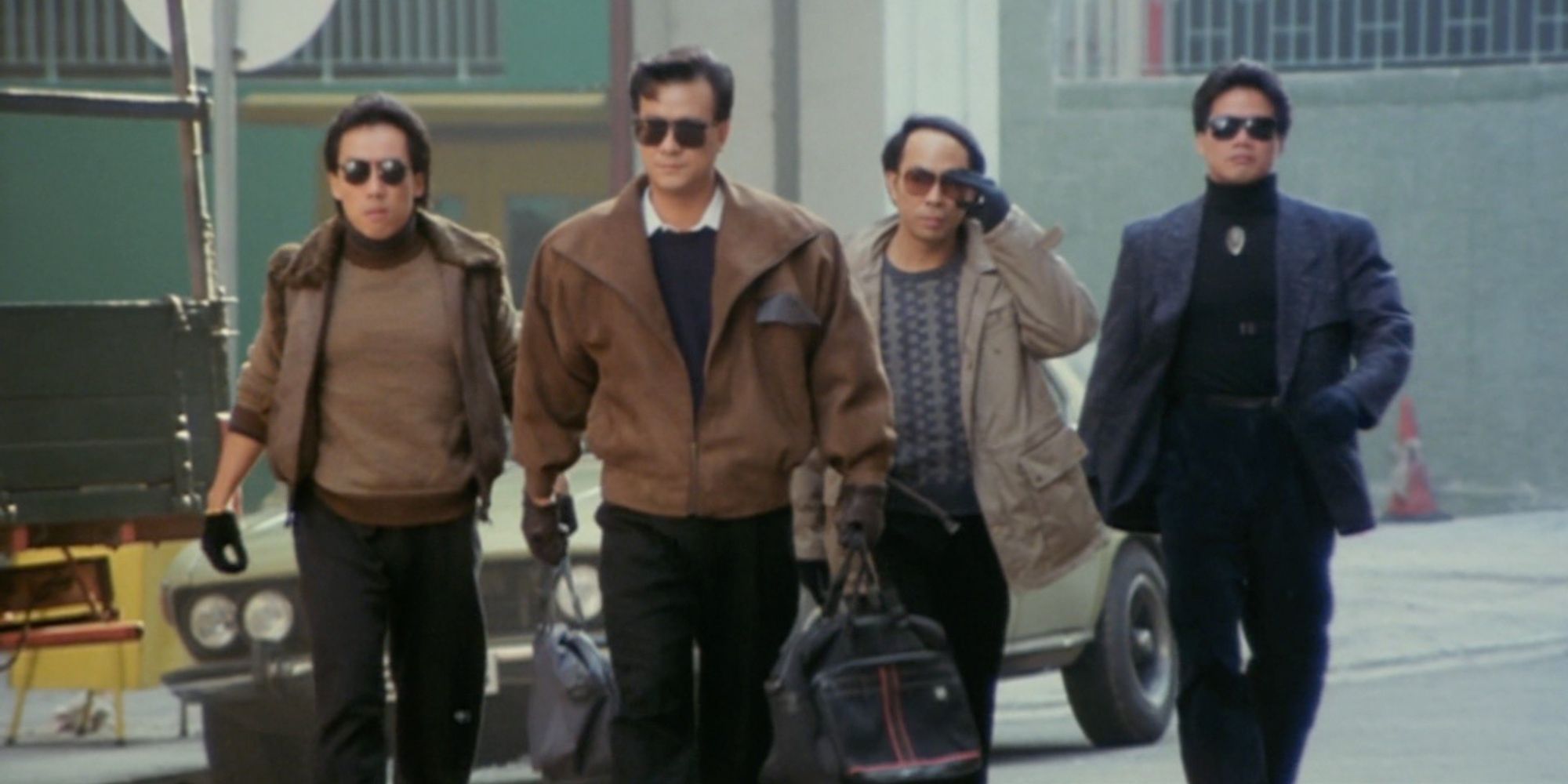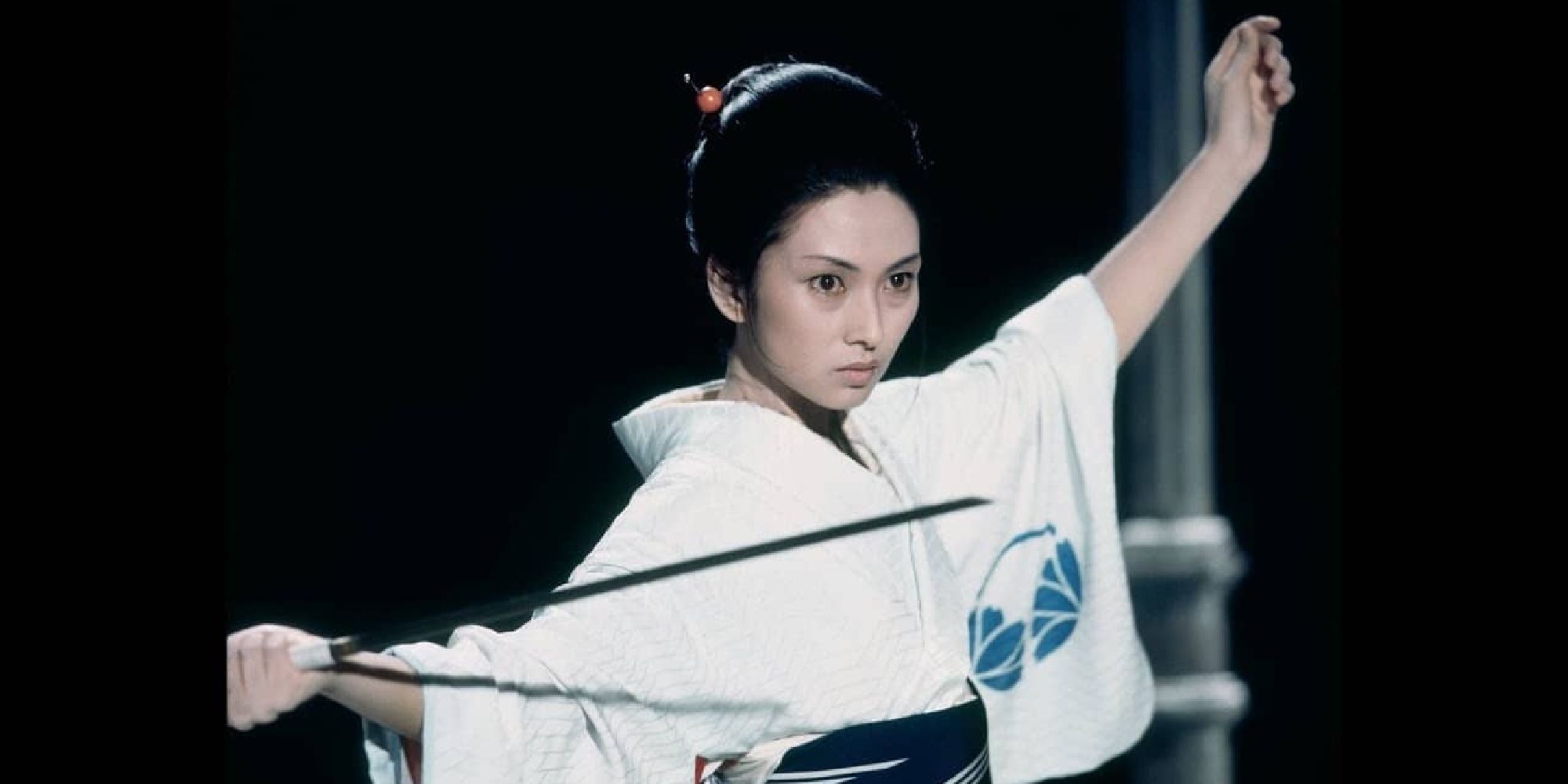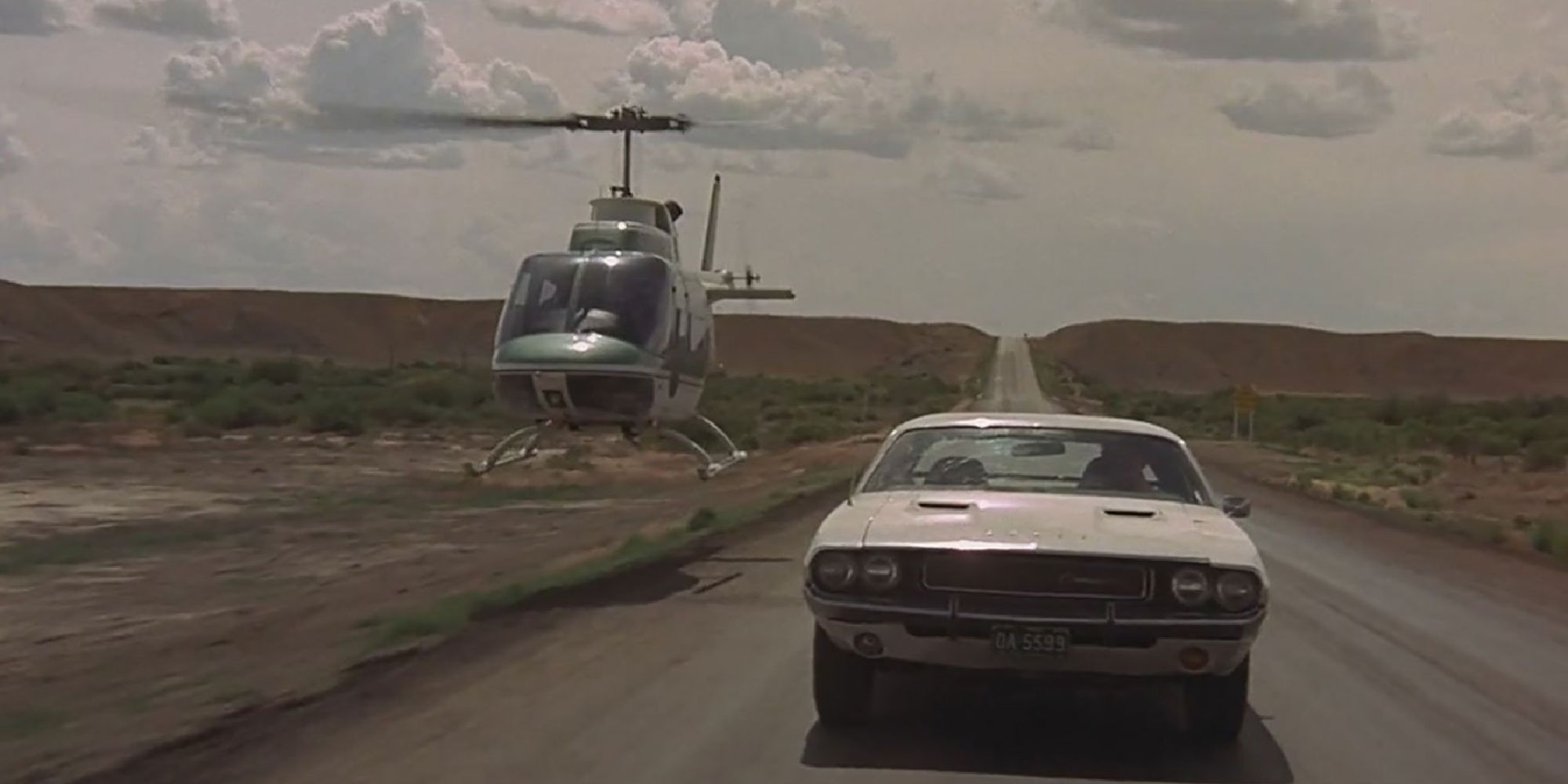It's no secret that Quentin Tarantino loves old movies and is a massive fan of referencing many of his favorites in his films. It's one of his trademarks, and he's widely celebrated (and sometimes criticized) for the way each movie he directs feels like a cocktail of different older movies blended into something that ends up feeling unique. While it's hard to say how many films he has referenced, this list by a Letterboxd user suggests it's at least 500, and who knows how many truly obscure movies he's referenced in ways viewers haven't even picked up on yet.
It isn't easy to judge which references are the best or most effective, given there are so many, but it is possible to take a look at the ones he took significant cues from. All of these are good movies in their own right and are worth checking out for any fans of Tarantino, as it's always interesting to see where he gets his inspiration from.
'Django' (1966)
This is one of the clearest examples of a film Tarantino loves and has referenced, given the name was borrowed for his own 2012 western, Django Unchained. 1966's Django is a spaghetti western filled with brutal violence and a gritty atmosphere and involves a lone gunman getting mixed up in a massive conflict between two gangs in a particularly wild depiction of the west.
The original Django actor, Franco Nero, makes a neat cameo in Django Unchained, and the film's brutal violence indeed inspired the explosive shootouts Tarantino filmed. Also worth noting is that Tarantino took inspiration from Django in his first film, Reservoir Dogs, as both films feature infamously graphic scenes where someone gets their ear sliced off.
'The Dirty Dozen' (1967)
The Dirty Dozen is a fantastically exciting WW2 movie that depicts one grizzled soldier putting together a team of prisoners and sending them off on a suicide mission, with the promise that should they survive, they'll have their sentences canceled.
If it sounds more Suicide Squad than Tarantino, then maybe that's because it is, but it was a key influence on Tarantino's 2009 film, Inglourious Basterds. Each involves assembling a squad for a dangerous WW2 mission. Both have very high body counts, and the violent finale of Inglourious Basterds certainly takes inspiration from the carnage found in the final act of The Dirty Dozen.
'Band of Outsiders' (1964)
Band of Outsiders is one of the most famous films by French New Wave director Jean-Luc Godard. It involves a trio of bored youths bonding over their love of movies before deciding to try their hand at pulling off a heist, crime film-style.
The film features a famous dance scene in a restaurant, which Tarantino likely referenced in the dance scene with Uma Thurman and John Travolta in Pulp Fiction. Also, while not tied to a specific movie, the original French title for this film, Bande à part, was referenced in the name of the production company Tarantino co-founded, A Band Apart Films, so surely that counts for something?
'The Thing' (1982)
The Thing is one of the best horror movies of the 1980s and one of the best remakes of all time. It tells a simple yet gripping story about a shape-shifting alien life form that terrorizes a group of scientists isolated at a base in Antarctica.
While Tarantino hasn't made a horror film or a science-fiction film (yet), The Thing apparently influenced Reservoir Dogs with its general themes of trust and uncertainty. It was also a big inspiration for his 2015 western, The Hateful Eight. Both have cold, snowy settings, a group of characters, confined in one location, tensions and distrust bubbling throughout among its characters, and each gets pretty bloody near the end, too. Plus, it's also worth mentioning that Kurt Russell stars in both!
'Shogun Assassin' (1980)
Shogun Assassin takes the first two films from the Japanese samurai film series, Lone Wolf and Cub, condenses them into one movie, and adds an English dub (interestingly, another American take on the story has been stuck in development hell for years). Shogun Assassin is a film that shows the violent and exciting adventures of an ostracized samurai and his very young son, who he wheels around in a wooden cart that's also loaded with weaponry.
Broadly, the film was a likely influence on Tarantino's love for samurai swords and high-pressure blood sprays, both of which feature particularly heavily in Kill Bill Vol. 1. But Shogun Assassin gets a more direct reference in Kill Bill Vol. 2, where the main character watches it with her young daughter near the end of the film. It is not an appropriate movie for a child to watch, but it makes sense given parental themes abound in both Shogun Assassin and Kill Bill Vol. 2.
'Thriller: A Cruel Picture' (1973)
The title of Thriller: A Cruel Picture doesn't lie. It's a thriller, and it's incredibly cruel and brutal to watch at times, depicting a young woman's relentless quest for revenge against a group of men who horrifically abused her and left her mute.
As a memorable cult film that tackles the theme of revenge, its influence can be felt in Tarantino's own revenge epic, Kill Bill. An additional reference comes from the way the character of Elle Driver wears a distinctive eye patch throughout Kill Bill, just like the protagonist of Thriller: A Cruel Picture.
'Gone with the Wind' (1939)
Gone with the Wind stands as a film that's equal parts famous and infamous. A story of love and loss during the American Civil War, it contains some great sequences and impressive filmmaking while also presenting some racist and dated values that are hard to stomach today.
It's referenced briefly in Django Unchained, with some text informing viewers the characters are in Mississippi, passing across the screen the same way Gone with the Wind's opening titles do. Given Django Unchained confronts and criticizes the racism of the American West while Gone with the Wind romanticizes that time period, the reference is a quick but effectively pointed one.
'City on Fire' (1987)
City on Fire is a lean, mean Hong Kong crime-thriller starring the excellent and charismatic Chow Yun-Fat. It involves an undercover police officer infiltrating a gang of dangerous jewel thieves, which...
...is a big part of the plot in Tarantino's Reservoir Dogs, from 1992. Even if Reservoir Dogs might emerge as the more remembered film, the basic premise is pretty similar. At least the reveal of an undercover cop in the gang is treated as a mid-point plot twist of sorts in Reservoir Dogs, which is admittedly a key difference.
'Lady Snowblood' (1973)
One of the clearest examples of an older film inspiring a Tarantino film is Lady Snowblood and Kill Bill. Each features revenge, exploitation cinema-style violence, samurai sword battles, a one-on-one duel in the snow, and both tell their story in two parts.
Kill Bill is unique enough that despite the similarities, it doesn't feel like it plagiarizes Lady Snowblood. It does help that Vol. 2 does branch off and become more of a western with less action, causing the references to be most evident in Vol. 1. But they're certainly there, and if anything, Kill Bill has led to a whole new generation of moviegoers discovering Lady Snowblood, so it's done some good in that regard.
'Vanishing Point' (1971)
Vanishing Point is a pretty simple B-movie about a guy who drives a car very fast and is chased by the law. That's really all there is to it, and Tarantino took influence from it and some other car-heavy 1970s films for his exploitation throwback, 2007's Death Proof.
Each film has some incredible stunts and terrifyingly fast speeds, and in Death Proof, a couple of characters even reference the title of Vanishing Point directly. While Death Proof might not be one of Tarantino's best, watching it with a film like Vanishing Point does show how well the director managed to homage those car-themed, low-budget action movies of the past.

